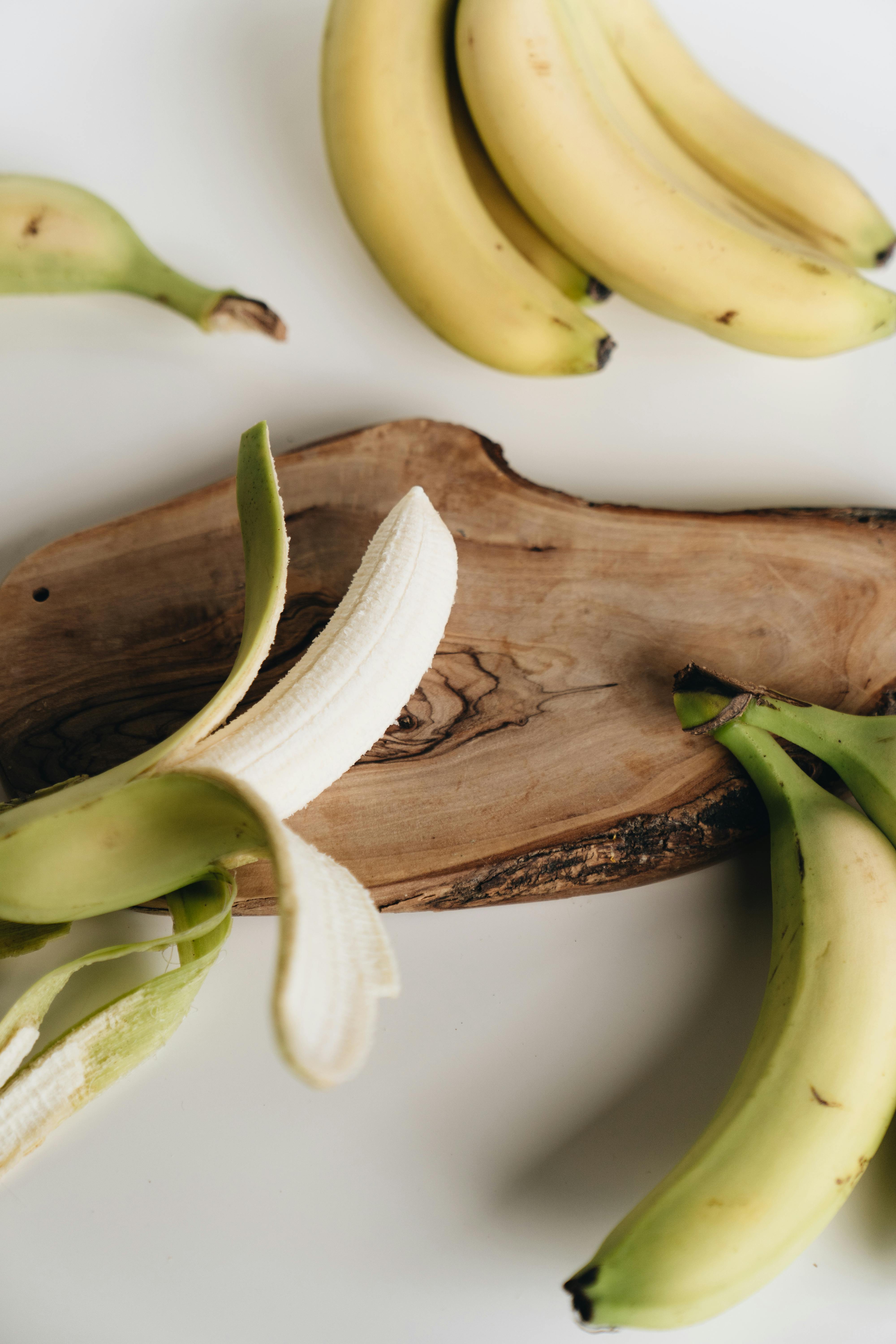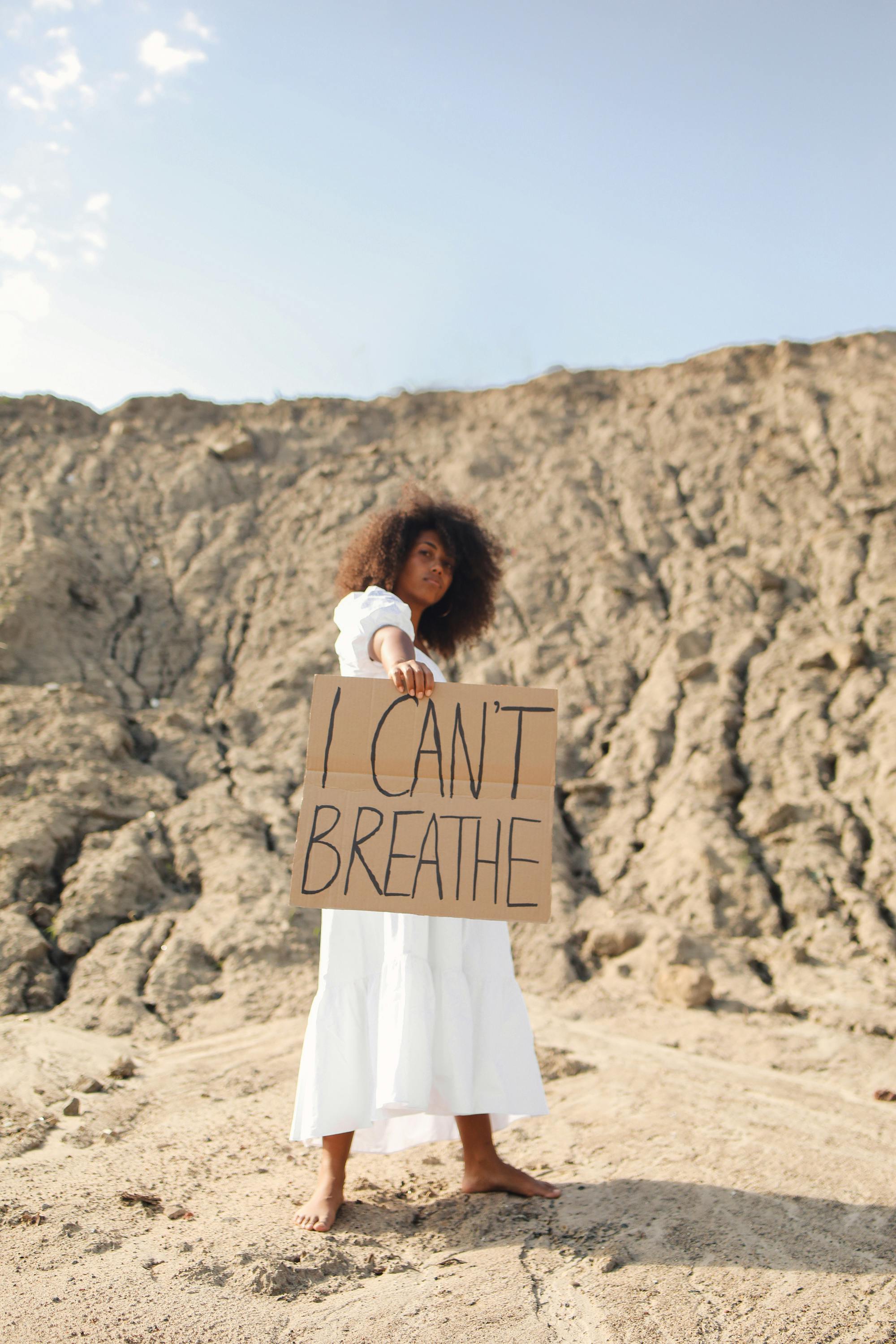Effective Ways to Calm Yourself Down and Manage Stress in 2025

Effective Ways to Calm Yourself Down and Manage Stress in 2025
In an increasingly fast-paced world, knowing how to effectively calm yourself down and manage stress is crucial for maintaining emotional well-being. With rising levels of anxiety and the global focus shifting towards mental health awareness, adopting stress relief techniques is paramount not only for personal health but also for thriving relationships and productivity. This article delves into an array of relaxation methods tailored for the contemporary individual. From mindfulness practices to physical exercise benefits, you will discover actionable insights that can transform your daily routine into a sanctuary of peace.
Throughout this exploration, we will highlight various techniques and strategies that can easily be integrated into your lifestyle. You will learn about the benefits of journaling for stress, visualization techniques, calming music, and even the importance of spending time in nature. As the landscape of emotional health continues to evolve, these insights will guide you toward a balanced life filled with self-compassion and resilience. So, let’s dive into the effective strategies for calmness that can lead to a healthier, stress-free life.
Key takeaways from this article include practical self-care tips, confidence in exploring relaxation techniques, and a refined understanding of your emotional triggers, enabling you to proactively manage stress.
Mastering Breathing Exercises for Immediate Calmness
Understanding and implementing breathing exercises is one of the most effective ways to calm yourself down in moments of stress. Deep breathing techniques not only enhance emotional regulation but also help in reducing anxiety. Simple practices such as diaphragmatic breathing involve inhaling deeply through the nose, allowing the abdomen to expand, and then exhaling slowly through the mouth. This shift in focus can create an immediate sense of relaxation.
Another practical breathing method is the 4-7-8 technique: inhale for 4 seconds, hold the breath for 7 seconds, and exhale for 8 seconds. This method is particularly effective during times of panic or heightened stress as it encourages the body to relax and diminish anxiety levels.
Incorporating these deep breathing exercises into your routine not only fosters a state of calm but can also improve focus and cognitive performance, making it an essential tool for both high-pressure work environments and daily life.
During practicing these exercises, augmenting the experience with calming music can further enrich the process. Choose soundtracks that resonate with your spirit to cultivate a peaceful environment while you breathe.
Visualization Techniques for Stress Relief
Visualization techniques act as powerful tools for managing stress and enhancing mindfulness. By picturing a peaceful scene, such as a serene beach or a quiet forest, you can mentally transport yourself to a more tranquil space. This method involves engaging all the senses; think about the sounds, scents, and sights of the imagined environment to create an immersive experience. Such mental imagery can significantly reduce feelings of anxiety and promote relaxation.
Guided imagery is another effective approach that accentuates this technique. You can find meditation apps that provide guided sessions focusing on different visualizations to help ease stress.
Additionally, combining visualization with grounding exercises can help you anchor your thoughts and feelings in the present moment. This process helps foster emotional resilience and can be easily practiced before stressful events, such as meetings or exams.
The Role of Mindfulness Meditation in Stress Management
Mindfulness meditation practices offer a holistic solution for dealing effectively with stress. By focusing on the present moment without judgment, mindfulness allows individuals to acknowledge and process their thoughts and emotions, thus reducing anxiety. A daily practice can involve simple techniques like a body scan meditation, where you methodically pay attention to different body parts, promoting awareness and relaxation.
Beginner-friendly practices can include short sessions of 5-10 minutes where you simply focus on your breath and gently bring your mind back whenever distractions arise. Moreover, these exercises can be done anywhere, making them versatile tools for stress management, whether at work or home.
Creating a dedicated space for meditation can also enhance the experience. Soft lighting, calming scents like soothing lavender or chamomile, and comfortable seating can significantly contribute to a peace-filled environment conducive to relaxation.
Engaging in Physical Activities for Stress Reduction
Physical exercise is not only beneficial for your body but plays a critical role in emotional well-being. Regular workouts stimulate the production of endorphins, chemicals in the brain that act as natural painkillers and mood elevators. Engaging in activities like yoga can specifically target stress relief by promoting mindfulness and relaxation through its postures and breathing techniques. Additionally, activities such as jogging or team sports can also provide a supportive community, fostering social connections valid for emotional health.
Outdoor activities, including nature therapy, allow you to combine physical exercise with the calmness of nature. Nature walks have shown to boost mental clarity and significantly reduce stress levels. Utilize various amenities available in your locality and engage in physical exercises, transforming your routine into enjoyable moments to alleviate tension.
Creating time for yourself to engage in physical activities is an essential form of self-care. It instills discipline while underlining the importance of balancing work and life, solidifying the significance of prioritizing your wellness.

Incorporating Self-Care Practices into Your Daily Routine
Self-care tips are vital for managing stress and maintaining overall well-being. Begin with establishing a daily routine that includes activities you enjoy, be it reading, journaling, or practicing mindfulness meditation. Incorporate calmness-inducing elements like calming tea and aromatherapy techniques, utilizing scents known for their stress-relieving properties like bergamot and chamomile.
Gratitude journaling is another effective form of self-care that enhances emotional resilience. By reflecting on positive experiences or aspects of your life, you shift focus from stressors to positivity. Creating moments of joy through daily entries can significantly affect your mental landscape, fostering a positive mindset amidst life's challenges.
Don't hesitate to engage in creative expression through art therapy or engaging hobbies, as these activities allow you to pour your feelings into a constructive outlet. Combining various aspects of self-care can promote holistic wellness whose benefits extend beyond just stress relief to include emotional and mental health improvement.
Establishing Healthy Boundaries for Enhanced Well-Being
A vital aspect of managing stress effectively involves setting boundaries. Knowing when to say no is crucial in ensuring your mental health needs are respected. This can foster a positive mindset, allowing you to prioritize personal goals without compromising energy and emotional reserves.
Time management skills can also play a pivotal role in stress management. Being aware of how you allocate your time can help prevent overcommitting and maintain a balance between work and personal life commitments. Allocate specific periods for relaxation activities, ensuring that you carve out space for mental breaks amidst hectic schedules.
In addition, nurturing relationships with family and friends can provide a solid support system. Engaging in meaningful conversations and spending time with pets has proven benefits for enhancing emotional well-being and combating stress.

Final Thoughts: Embracing Wellness for Stress Reduction
Recognizing the importance of emotional health and implementing effective stress management strategies can lead to an enriched quality of life. By embracing mindfulness and engaging in self-care practices, you can build emotional resilience and cope with life's challenges more effectively. Whether it's through breathing exercises, relaxation techniques, or art therapy, taking proactive steps to reduce anxiety is essential for maintaining overall well-being.
As we move into 2025, let’s prioritize emotional wellness by creating a peaceful environment, practicing gratitude, and engaging in wholesome activities to enhance our mental clarity. Remember that self-care is not selfish; it’s a fundamental requirement for fostering connection and joy in every aspect of your life.
```